Immanuel Kant MBTI Personality Type
Personality
What personality type is Immanuel Kant? Immanuel Kant is an INTP personality type in MBTI, 6w5 - so/sp - 612 in Enneagram, RCOAI in Big 5, LII in Socionics.
Kant was the one of the persons made me realize I am a Ti som myself. because he believed that his first and fundamental mission in philosophy was to ground science, and later to defend the rationality of morality and religion. I used to do this when I was younger too. I would try to rationalize the religious things I was taught, and if I could not do that, I would simply reject it, but rather than be blindly and enemy of these stuff, I did hide it in the back of my head in case one day I would come up with a logical argument for it. I tried to rationalize everything and i am still like that. That's why Kant is one of the most enjoyable people to read for me.
Biography
Immanuel Kant (22 April 1724 – 12 February 1804) was a German philosopher and one of the central Enlightenment thinkers. His comprehensive and systematic works in epistemology, metaphysics, ethics, and aesthetics have made him one of the most influential figures in modern Western philosophy.
Related Personalities
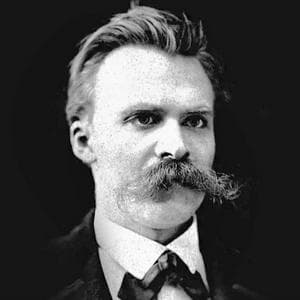
Friedrich Nietzsche
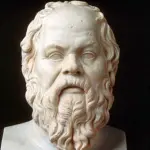
Socrates

Arthur Schopenhauer
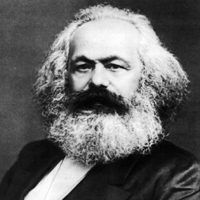
Karl Marx

Albert Camus
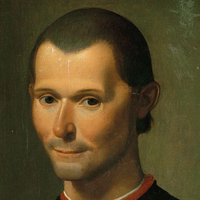
Niccolò Machiavelli
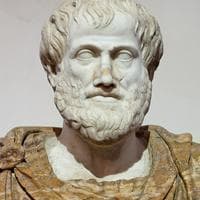
Aristotle
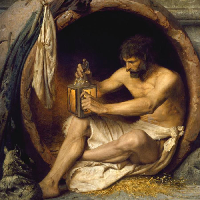
Diogenes







